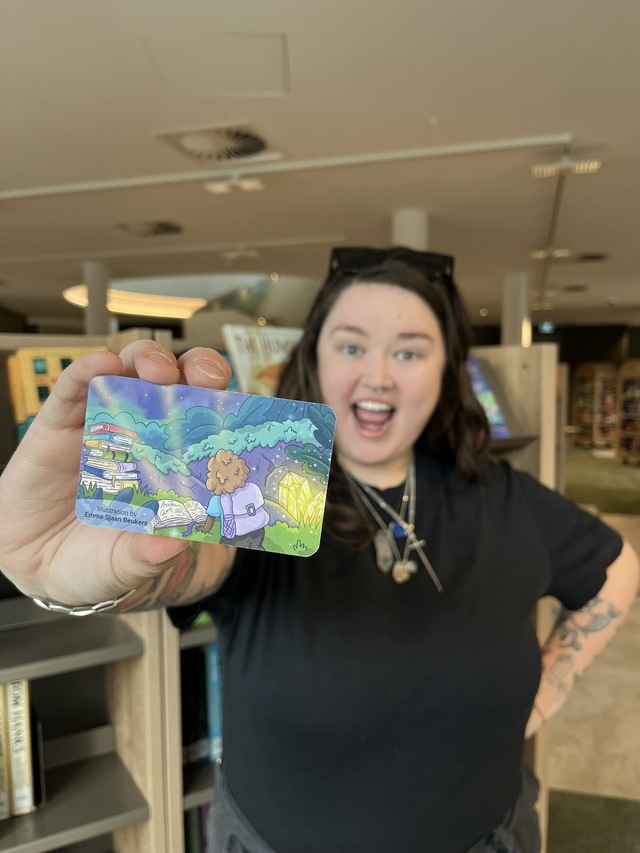Northern Health is offering a world-first service to aid patients of its Inflammatory Bowel Disease (IBD) service.
The Epping-based organisation’s gastroenterology department’s Inflammatory Bowel Disease (IBD) Service is offering a Subcutaneous Biologic Home Delivery (SILVER) Service, in collaboration with its Department of Pharmacy.
This world-first service provides home delivery of self-injectable IBD medication from the hospital pharmacy to patients at Northern Health’s IBD clinic.
The medication is ordered and dispensed within the pharmacy, and is delivered by a pharmacy technician who is part of the IBD team.
Gastroenterology director, associate professor Mayur Garg, said the service allowed anxieties about administration of the specialised IBD medication to be alleviated.
“Biological medications are prescribed for those with moderate-severe IBD (Crohn’s disease and ulcerative colitis), which have a significant impairment on quality of life,” he said.
“Subcutaneous biologics require patients to fill their scripts at local community pharmacies and [self-administer].
“Stock availability of these specialised medications at local pharmacies can vary, and many patients require additional compassionate medications that community pharmacies are unfamiliar with handling.
“Furthermore, many patients are anxious about self-administering subcutaneous medications, and hence need additional support.
“The SILVER Service enables additional support, with patients not having to worry about obtaining stock, and allowing direct reporting of any concerns about these medications to our team.”
Pharmacy technician Andrew Leake – the first IBD Pharmacy Technician in the world – said it was exciting to be a part of the service.
He said patients had been “very thankful”.
“They have appreciated how it has made things easier for them, especially during COVID, and are often pleasantly surprised that we offer the service,” Mr Leake said.
“The extra layer of support and connection with these patients has already been valuable for the quality of their care on numerous occasions.”

















